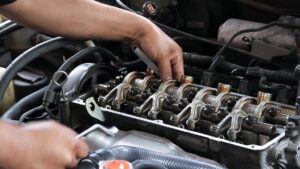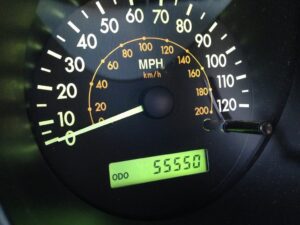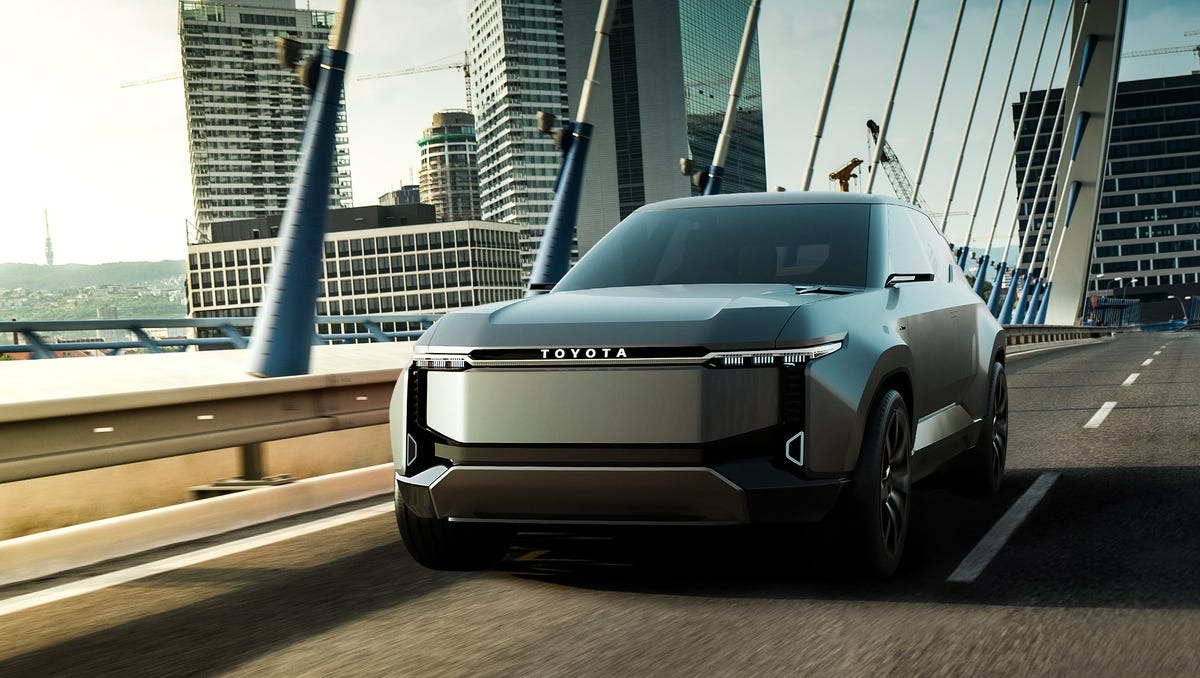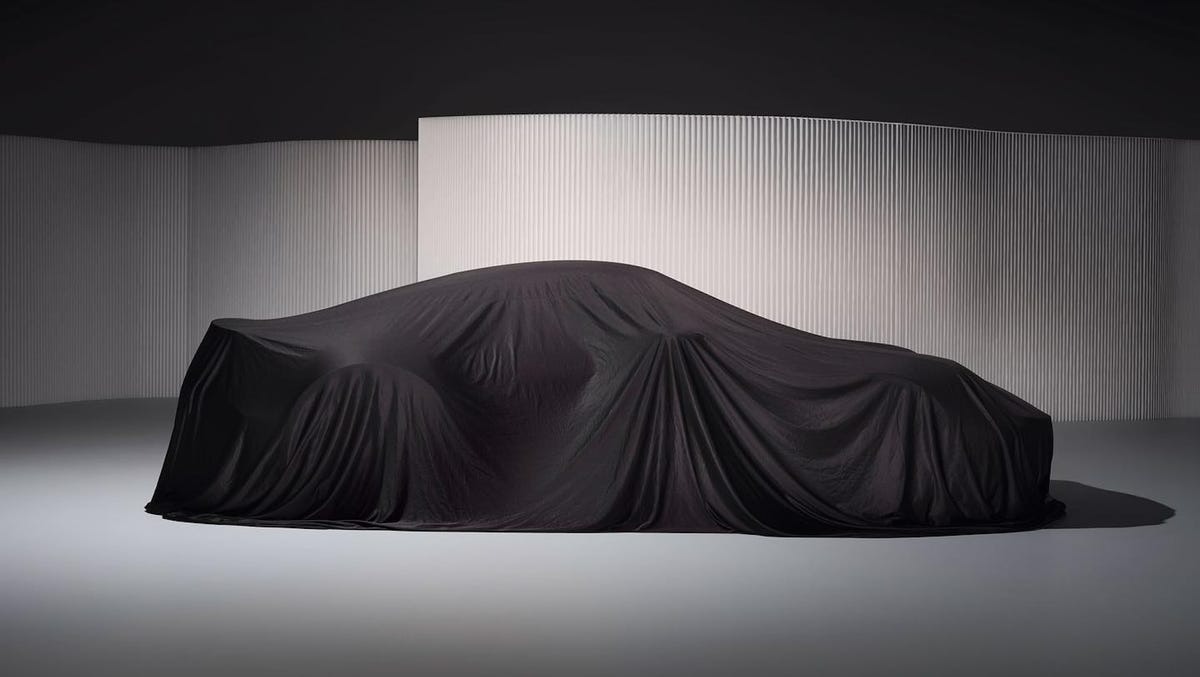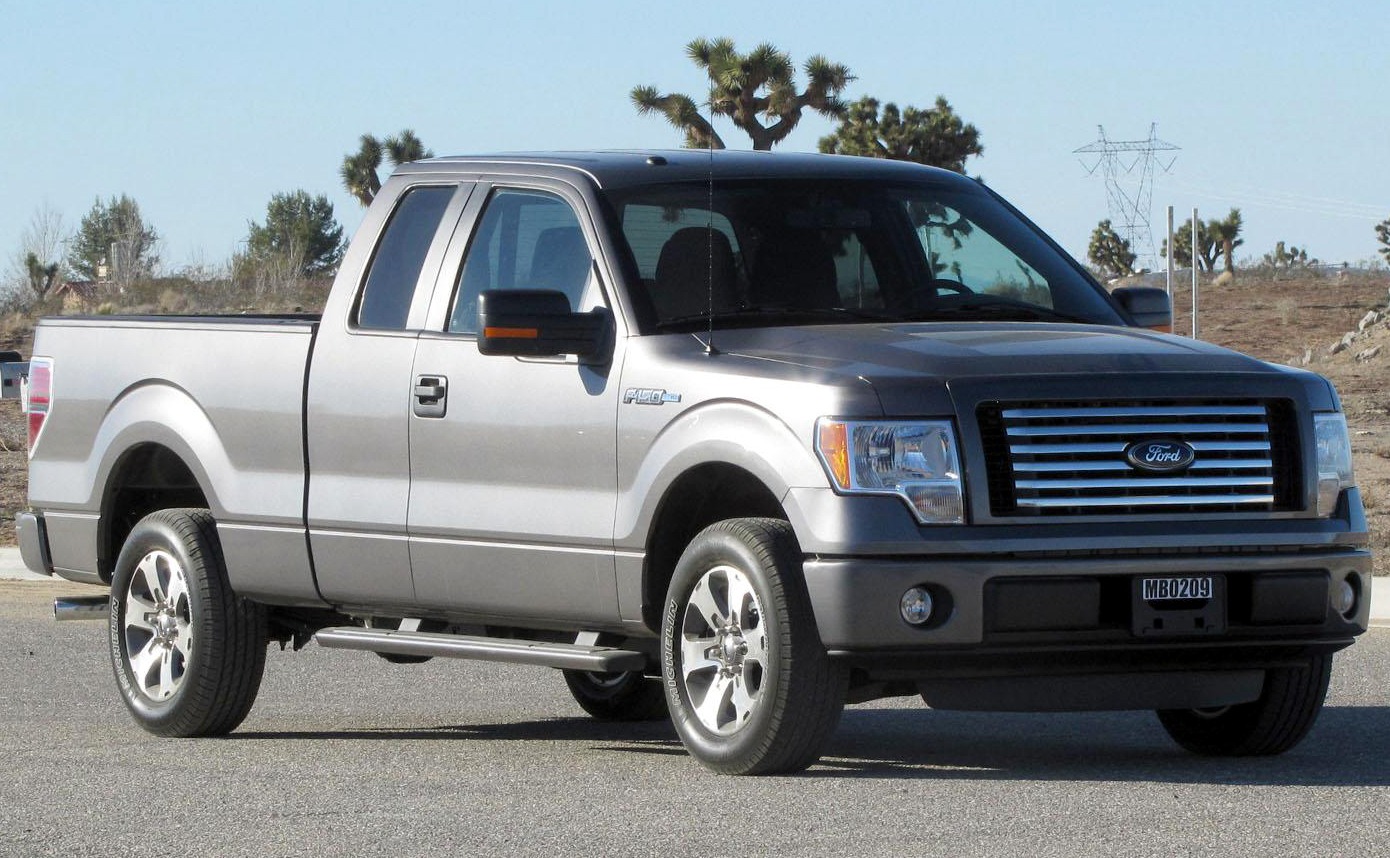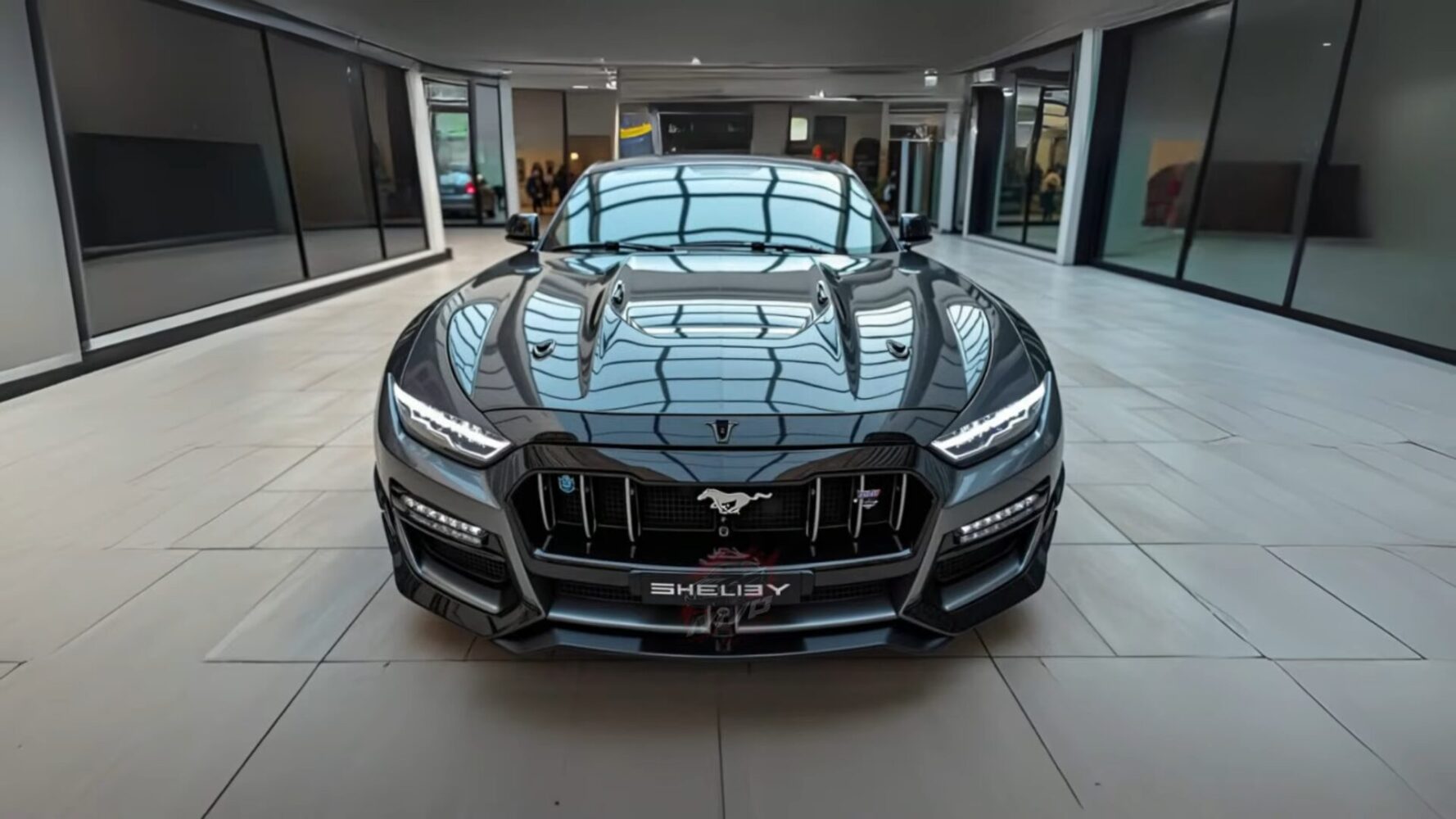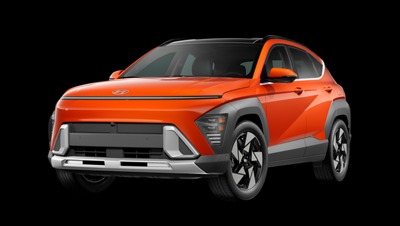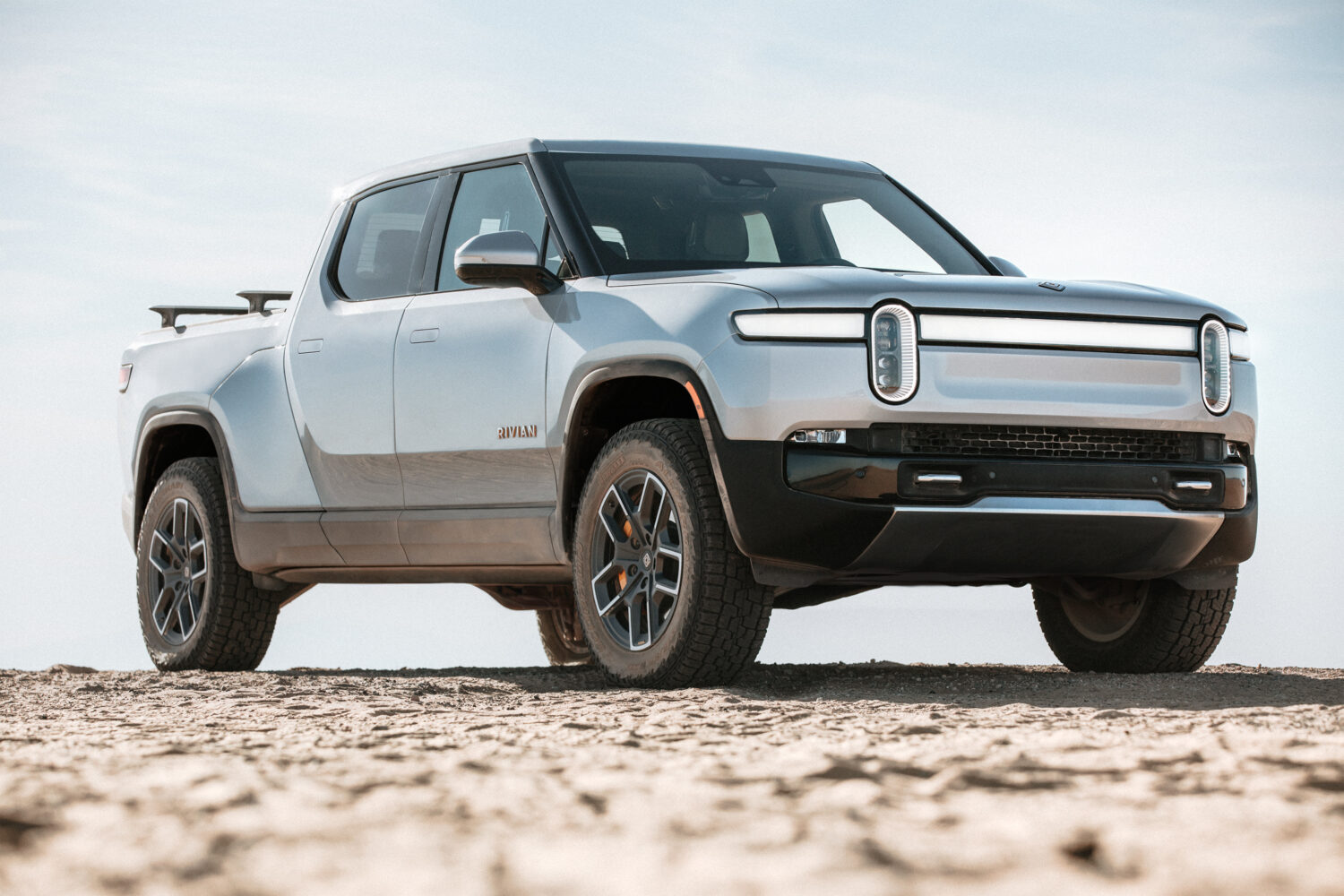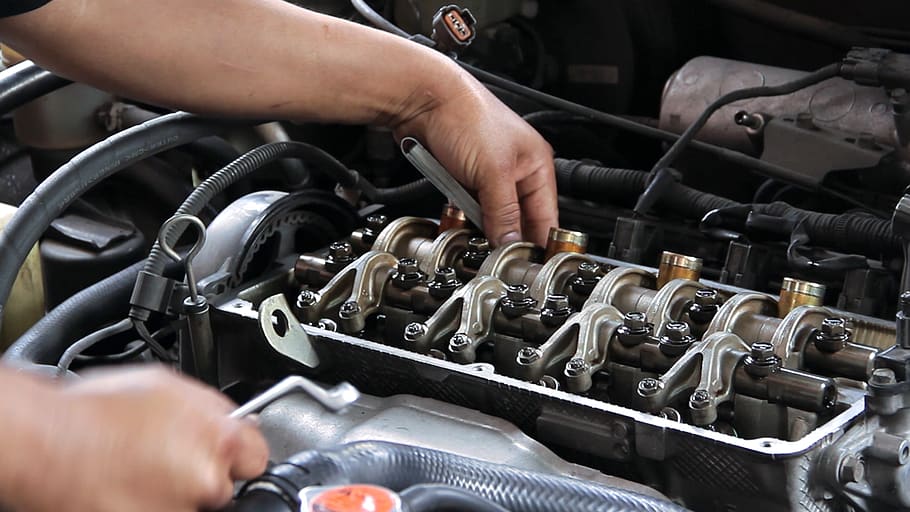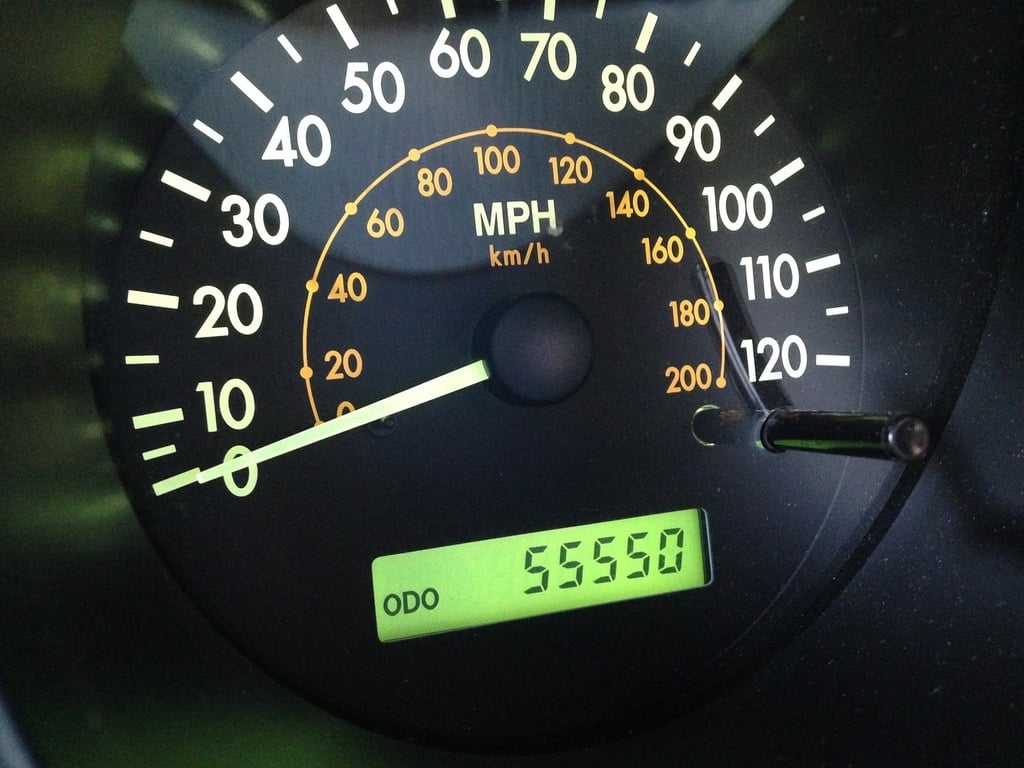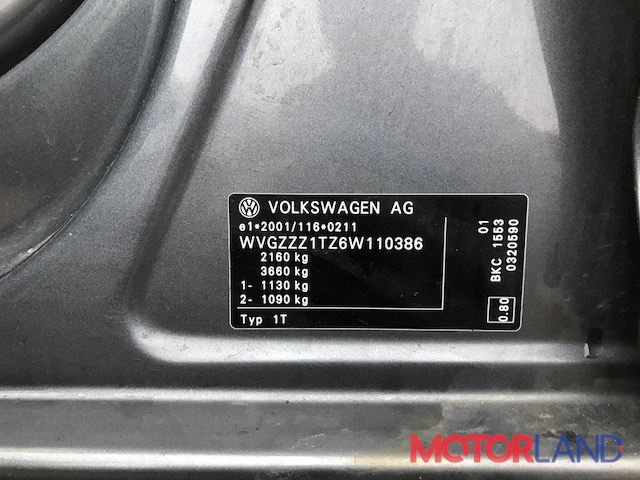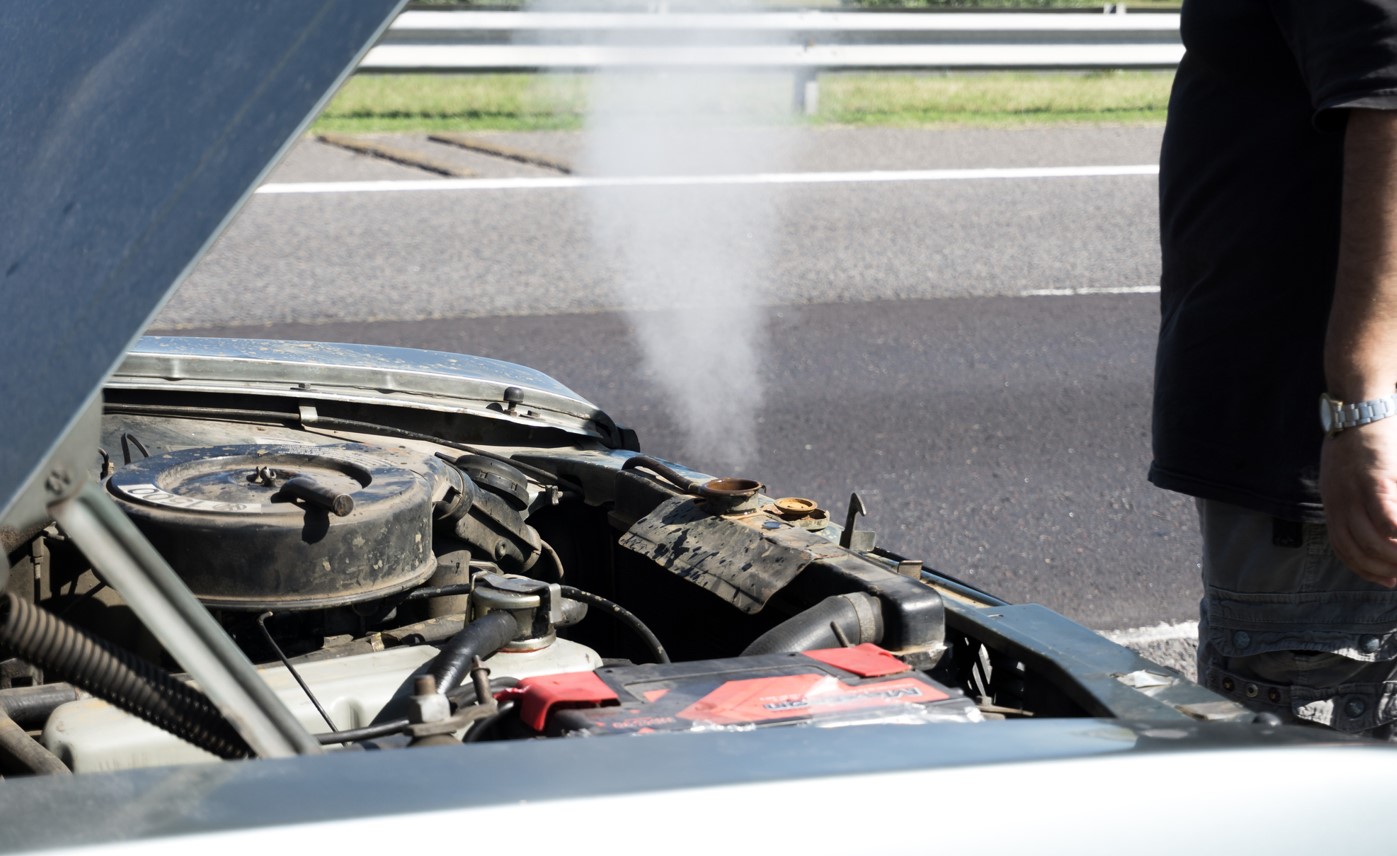Ever stood at the gas pump, staring at those octane numbers, wondering if you’re about to make your engine purr or puke? You’re not alone! Choosing the right octane level can feel like a dark art, shrouded in mystery and marketing hype. But fear not, fellow gearheads! This guide will demystify the octane rating, helping you make informed decisions that optimize your engine’s performance and longevity. We’ll cut through the jargon and get down to the nitty-gritty, ensuring you’re fueling your ride with confidence.
Key Takeaways:
- Octane isn’t about power, it’s about resistance to knock: Higher octane doesn’t automatically mean more horsepower. It means the fuel is less likely to pre-ignite or detonate under pressure.
- Your car’s manual is your bible: Always consult your owner’s manual for the manufacturer’s recommended octane rating. They know best!
- Using the wrong octane can hurt your engine (eventually): While a single tank of the wrong stuff probably won’t cause catastrophic failure, prolonged use can lead to decreased performance and potential engine damage.
- Don’t fall for the marketing hype: Unless your car specifically requires premium fuel, you’re likely just wasting money.
Understanding the Basics of How to Choose the Right Octane for Your Ride
Let’s break down the basics. Octane rating is a measure of a fuel’s ability to resist detonation, also known as engine knock or pinging. Detonation is uncontrolled combustion in the engine’s cylinders, which can damage pistons, rods, and other vital components. Think of it like this: your engine wants a controlled explosion to push the piston down. Detonation is like a tiny, chaotic bomb going off at the wrong time.
The octane number you see at the pump (usually 87, 89, 91, or 93) is an Anti-Knock Index (AKI), calculated as the average of the Research Octane Number (RON) and Motor Octane Number (MON). Different testing methods, same goal: to measure resistance to knock. Higher numbers mean greater resistance.
Imagine your engine’s cylinder as a tiny pressure cooker. Lower octane fuel is more likely to ignite prematurely under high pressure and temperature. Higher octane fuel can withstand more pressure before igniting, preventing that damaging knock.
Importance and Implications
Why does this matter to you? Using the correct octane is crucial for several reasons:
- Engine Longevity: Preventing knock protects your engine from premature wear and tear.
- Optimal Performance: Your engine is designed to run optimally with a specific octane rating. Using the right fuel ensures you’re getting the performance the manufacturer intended.
- Fuel Efficiency: Knock can negatively impact fuel economy. Using the correct octane helps maintain optimal efficiency.
- Avoiding Costly Repairs: Prolonged use of the wrong octane can lead to expensive engine repairs.
Using higher octane than required offers no benefit. Your engine won’t magically gain horsepower. You’re simply throwing money away. Using lower octane than required, however, can be detrimental, especially in high-performance engines.
Practical Applications or Strategies
Here’s how to put this knowledge into practice:
- Consult Your Owner’s Manual: This is the golden rule. Your manual will specify the minimum octane rating required for your vehicle. Some vehicles may recommend premium fuel for optimal performance, but only require regular.
- Listen to Your Engine: If you hear knocking or pinging, especially under acceleration, it’s a sign that you might need a higher octane fuel. However, other issues can also cause knocking, so consult a mechanic if the problem persists.
- Consider Your Driving Conditions: If you frequently tow heavy loads, drive in hot weather, or operate your vehicle under demanding conditions, you might benefit from using a slightly higher octane fuel.
- Don’t Be Fooled by Marketing: Premium fuel isn’t always better. Stick to the manufacturer’s recommendations.
- Experiment (Carefully): If your manual recommends premium but doesn’t require it, try running a tank of regular and see if you notice any difference in performance or fuel economy. If not, you can save money by sticking with regular.
Common Pitfalls to Avoid:
- Assuming Higher Octane Equals More Power: This is a common misconception.
- Ignoring Your Owner’s Manual: This is a recipe for disaster.
- Using Octane Boosters Without Understanding Their Effects: Many octane boosters are snake oil. Do your research before using them.
Expert Insights or Case Studies
Let’s hear from the pros. Automotive engineers consistently emphasize the importance of adhering to the manufacturer’s recommended octane rating. In numerous studies, using higher octane fuel than required has shown no measurable performance benefit in vehicles designed for regular fuel.
Consider the case of a turbocharged engine. These engines are particularly sensitive to octane rating because they compress the air-fuel mixture to a much higher degree. Using the correct octane is crucial to prevent knock and protect the turbocharger. Many high-performance vehicles with forced induction require premium fuel for this reason.
Understanding Ethanol and Its Impact
Ethanol is an alcohol added to gasoline for various reasons, including increasing octane and reducing emissions. Most gasoline sold in the US contains up to 10% ethanol (E10). While E10 is generally safe for most vehicles, some older cars may experience problems with fuel system components due to ethanol’s corrosive properties. Also, ethanol has a slightly lower energy density than gasoline, which can result in a small decrease in fuel economy.
If you own a classic car, consider using ethanol-free gasoline if available. This will help protect your fuel system and ensure optimal performance.
Conclusion:
Choosing the right octane for your ride isn’t about blindly opting for the highest number. It’s about understanding your engine’s needs and fueling it accordingly. By consulting your owner’s manual, listening to your engine, and avoiding marketing hype, you can optimize performance, protect your engine, and save money at the pump. So, the next time you’re at the gas station, make an informed decision and unleash your engine’s true potential!
Frequently Asked Questions:
What is How to Choose the Right Octane for Your Ride?
It’s the process of selecting the appropriate fuel grade (octane rating) for your vehicle to ensure optimal performance, fuel efficiency, and engine longevity.
Why is How to Choose the Right Octane for Your Ride important for Everyone?
Using the correct octane prevents engine knock, protects your engine from damage, and ensures you’re not wasting money on fuel you don’t need.
How can I apply the concepts of How to Choose the Right Octane for Your Ride in my context?
Consult your owner’s manual, listen to your engine for signs of knock, and choose the octane rating that meets or exceeds the manufacturer’s recommendations.
Where can I learn more about How to Choose the Right Octane for Your Ride?
- Your vehicle’s owner’s manual
- Reputable automotive websites and forums
- ASE-certified mechanics



